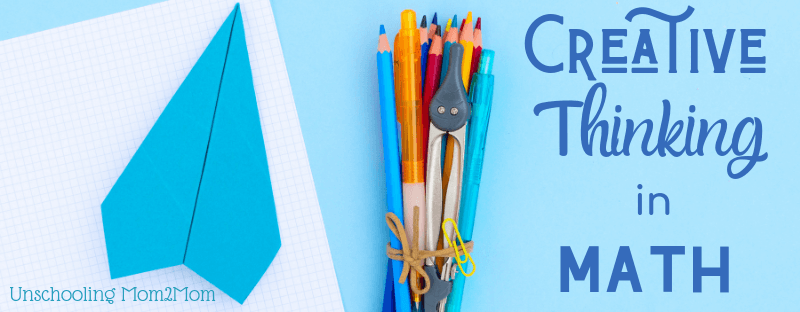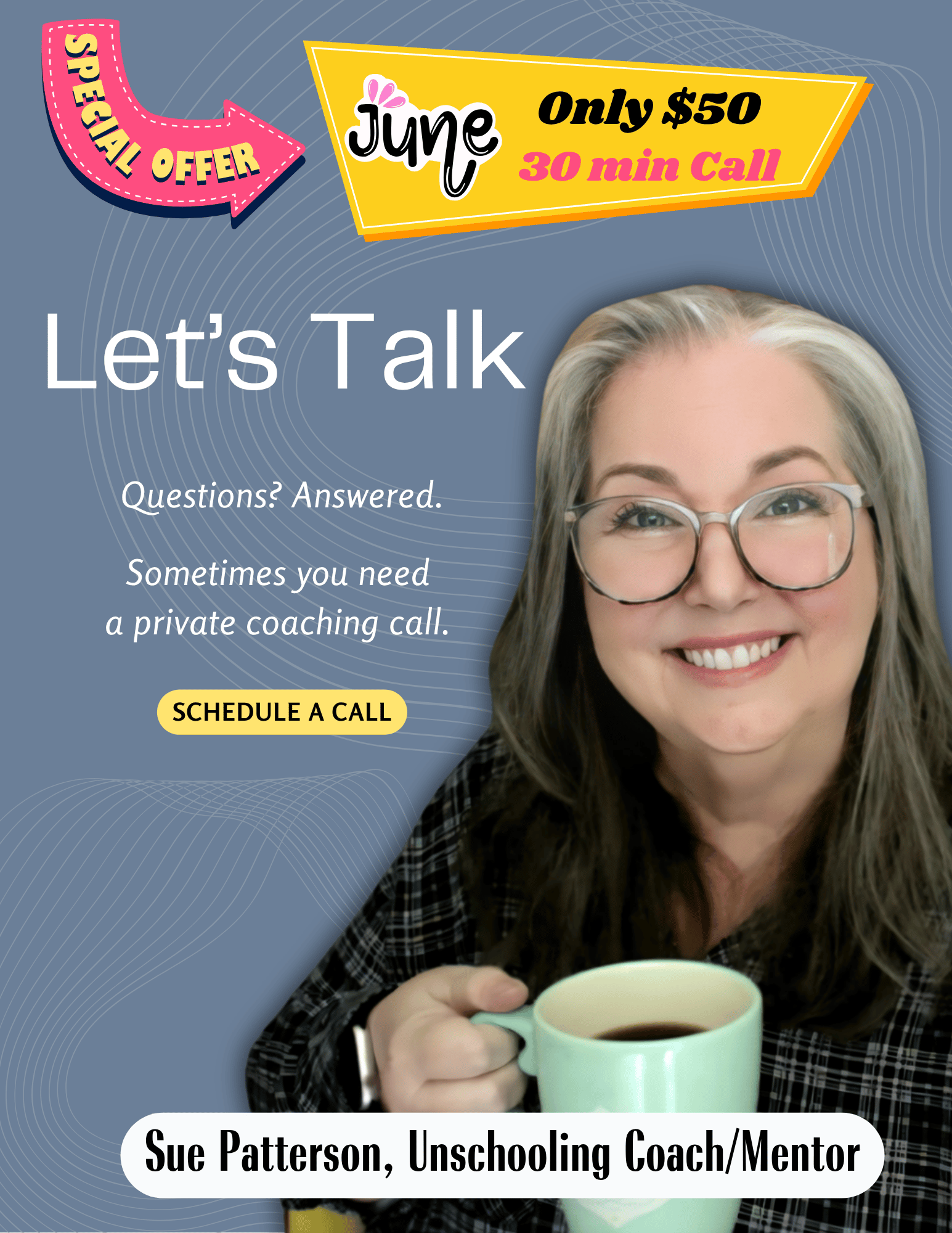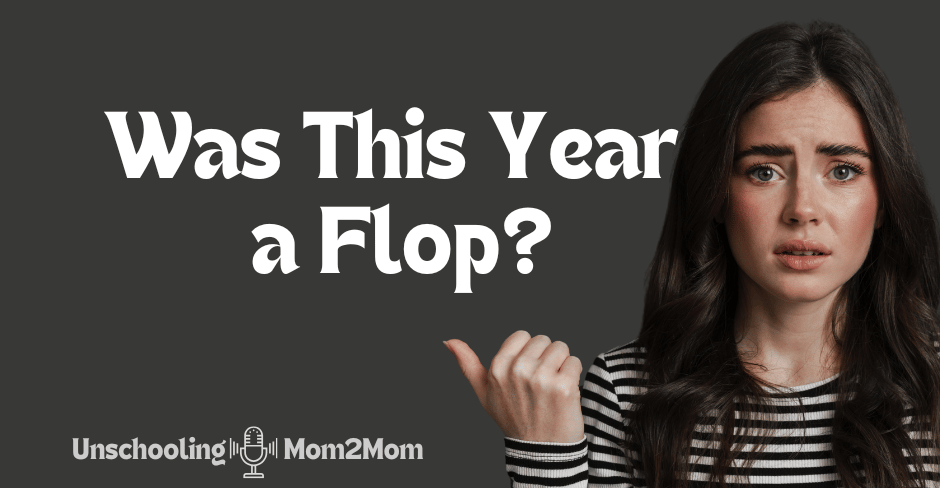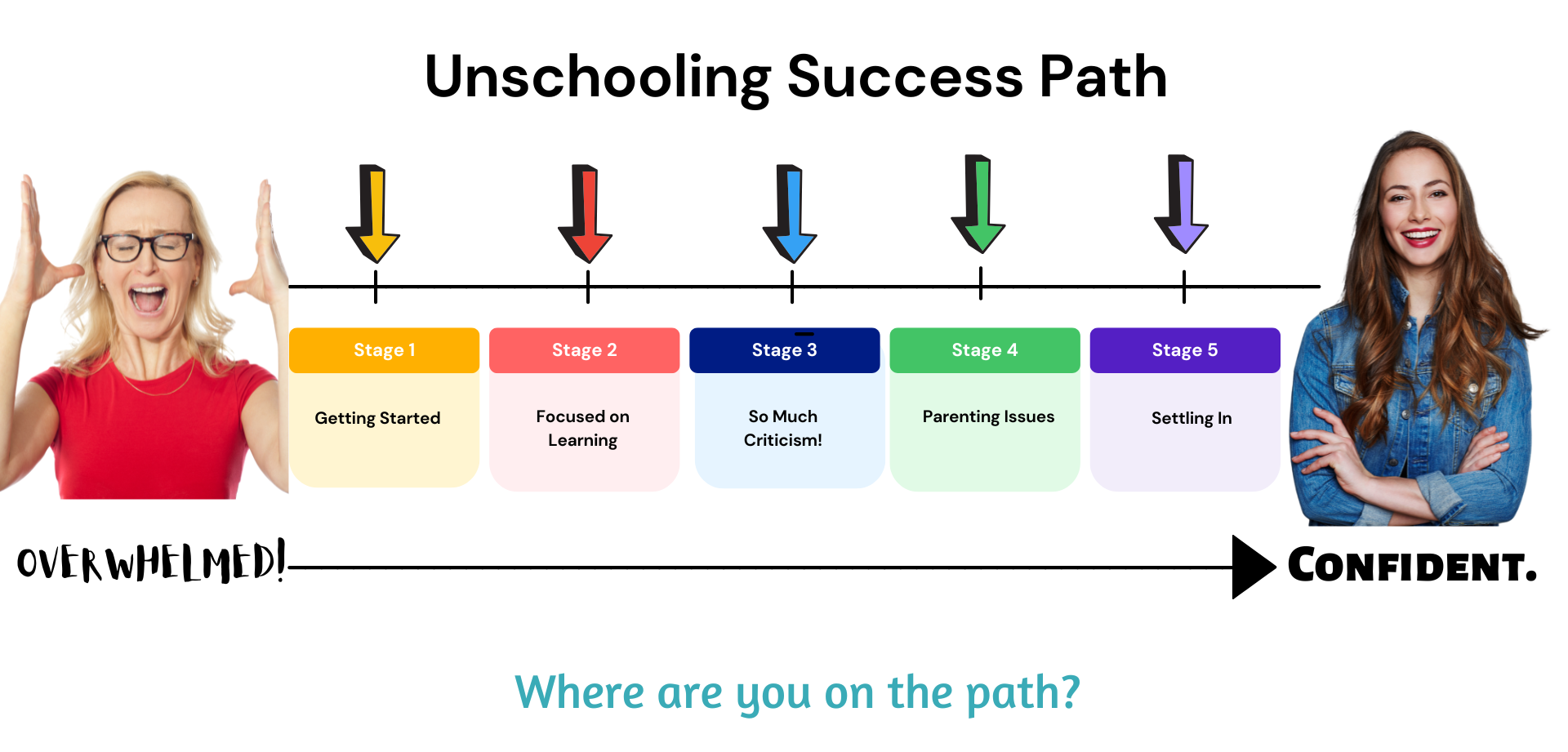Creative Thinking in Math
Pam Sorooshian talks about the place of creative thinking in math and why so many people hate math so much.
I loved math classes because there was right and wrong and no in between. The teacher told us how to do a certain math technique, we practiced a few (zillion) times, and reproduced it on a test. Happy face! 100 percent. I figured out something many of my fellow students didn’t seem to understand. Oh no, not the math - what I mean is I figured out that it didn’t matter if I understood it. All I had to do was replicate the procedure and I’d end up with a page full of correctly solved problems. Right, right, right, right, right... A great feeling (for a moment) for a kid who found life bewildering and who constantly worried about doing the right thing. It was mechanical and tedious, but I got great satisfaction from the certainty of a right answer.
I wasn’t alone. Math teacher and author of The Case for Creativity in Math Education , Mark Lenergan, says, “As a teen, I could not figure out my life, but in this abstract world of math, I could resolve all my problems.”
But, still, math is the most hated school subject.
An AP-AOL News poll of 1,000 adults in the United States revealed that 37 percent recalled that they "hated" it. In the poll, more than twice as many people said they hated math as said they hated any other subject.
Turns out that what I, Mark Lenergan, and probably most other math teachers found comforting about math class is exactly what many children find distressing, oppressive, and just plain awful - instructional methods that require students refrain from thinking for themselves and focus on following directions. Mindlessly. There is no room for creative thinking in math. Right?
Even a mathematics curriculum that is touted as utilizing creative problem solving will nearly always offer problem solving opportunities only within narrow constraints and the students are expected to utilize the techniques they have been previously taught. But creativity requires open-endedness and the opportunity to come up with new ideas. It is, by nature, individualistic. It is misleading to call it creative problem solving if every student is expected to, in the end, come up with the same answer.
Does it matter? Yes! It does matter unless you believe that the many children who can’t (or won’t) stifle their creative  thinking brains in order to mechanically work through math problems just aren’t meant to do well in math.
thinking brains in order to mechanically work through math problems just aren’t meant to do well in math.
As homeschooling parents, we can duplicate the mistakes that schools make by using conventional teach, practice, and test instructional methods, or we can learn from their mistakes and do better. We can avoid the drill and kill approach in favor of encouraging open-ended exploration of mathematical ideas. If you are looking for math curriculum that will engage your child so that real learning takes place, consider creative problem-solving or project-based approaches described below. Unschoolers may also be interested in taking a look at the following as possible sources of fun things to do together as a family.
Cambridge University has developed a website called NRICH which offers thought-provoking activities designed to encourage creative thinking. Another source of math exploration activities is the book Family Math by Jean Kerr Stenmark and Virginia Thompson. This book is aimed at kids ages 6 to 12 or so and there are also related books for young children and middle school levels. Last, but not least, are two great books by Marilyn Burns, Math for Smarty Pants and The I Hate Mathematics Book . All of these materials support creative thinking.
Another approach is to engage with your child in projects in which mathematics is integrated into the process of designing, building, and creating something. Projects might be related to carpentry, technology, performance arts, visual arts, sports, social activities, or anything else that is of interest. For example, there are project-based math lesson plans available online which offers over 30 technology-based projects using Google Earth.
Lack of creative thinking in mathematics can result in students who have memorized all the techniques, but cannot imagine where, how, or why to use them in real life.
Creative thinking requires being willing to make mistakes. When mistakes are considered “wrong,” creativity is shut down. Remember, the point of this approach is to encourage exploration, not for children to march through a series of pre-determined steps. Enjoy the process together and let the learning happen along the way.
 Pam Sorooshian, mom of three grown-up homeschooled daughters, was an economics and statistics college professor in Southern California. Now she spends her days hanging out with her grandchildren and playing games with friends and family.
Pam Sorooshian, mom of three grown-up homeschooled daughters, was an economics and statistics college professor in Southern California. Now she spends her days hanging out with her grandchildren and playing games with friends and family.











